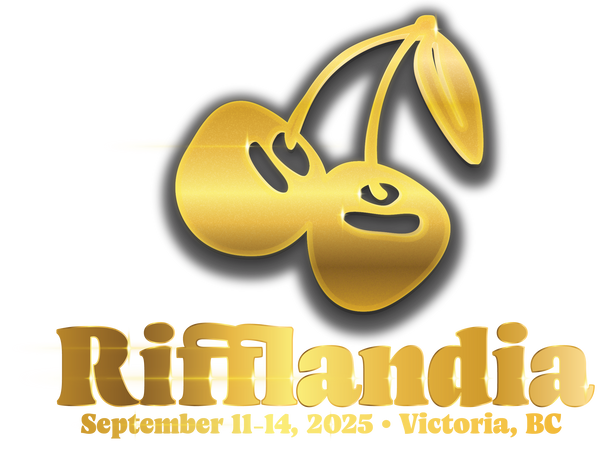
Public Enemy: Awakening a Generation
Share
I know I’m not alone in saying Public Enemy made me woke. I’m also not afraid to say it, nor will I never not be thankful for that. Granted, this was decades before woke was “woke” but in hindsight, completely accurate.
By 1988, Run DMC and Beastie Boys had already kicked in my hip hop doors thanks to an introduction by my childhood pal, Kit Gouldie. Soon after that, a family day trip from Lantzville to big city Victoria included a stop at Lyle’s Place. I timidly asked a staff member where I could find a copy of Public Enemy’s It Takes A Nation Of Millions To Hold Us Back. They liberated a copy for me from behind the sliding glass display cases and I plunked down my allowance. While I didn’t have my trusty Sanyo personal stereo cassette player along for the day trip— a legit Sony Walkman was too rich for my folks’ Scottish blood—, when I got home, Nation replaced Run DMC’s Raising Hell in the deck and remained there for weeks.

Common wisdom says there is a distinct difference between hearing and listening. As a teen, I was certainly hearing words and sounds I’d never heard before from early musical obsessions like Abba, Kenny Rogers, Prince and AC/DC. Being a music-first, lyrics-later kid, the Bomb Squad bombast production instantly made my body twitch involuntarily and set my heart racing. Shredding guitar samples, shrill siren squalls, and overblown percussion locked and unloaded on my eardrums. Chuck D’s dense, combative, wise flow was made slightly less intimidating by Flavor Flav’s absurd ad-libs and asides. For initial listens, calls to “Bring The Noise” “Don’t Believe The Hype” and “Party For Your Right To Fight“ certainly appealed to my adolescent self on a basic level, but there were layers, nuance, and subtext revealed with subsequent years of listening and education.
Widespread internet was a decade away. I’d heard the name Nelson Mandela in the news, but who was Marcus Garvey? Louis Farrakhan? Why could a black man never be a veteran? I had a lot of learning ahead of me thanks to this cornerstone of not only hip hop, but music as a whole.
While PE had already laid groundwork with 1987’s Yo! Bum Rush The Show, it wasn’t until Nation and its equally powerful follow up, Fear Of A Black Planet, that they cemented their legendary status. Chuck and Flav not only taught us to “Fight The Power” but exposed a generation to the systemic issues faced by the Black community. Here we are 35+ years removed from Nation and Planet and Black, people are still being unjustly targeted and oppressed, which is why PE is still a needed staple in the world of music.
In the decades since PE burst on to the burgeoning scene, hip hop branched out into countless styles and expressions. Some fads were mercifully over quicker than they came; others became million-dollar mainstream mainstays. Through it all, Chuck, Flav, and a rotating crew of supporting members stayed their own course and remained an eternally vital voice. While some of the initial hype faded, they have continued to release solid albums and touring with a consistency many younger acts can’t match.

If this workhorse ethic wasn’t enough, both Chuck and Flav found time for an intriguing series of side quests. Most of Chuck’s extracurriculars were more closely related to music: a PBS documentary series Fight The Power: How Hip Hop Changed The World, podcasts exploring the genre, a supergroup (the self-referencing Prophets Of Rage, with members of Rage Against the Machine and Rifflandia alum Cypress Hill), plus plenty of fierce feature bars on other artists’ tracks. Flav took a more pop-culture centred approach to his side hustles. A no-brainer tie-in to his stage name, Flav became a restaurant owner, but also became the more recognizable PE member with his outlandish personality taking centre stage on reality TV. His stint on The Surreal World eventually paved the way for his own series, Strange Love, which followed his odd couple relationship with Brigitte Nielsen, then The Flavor Of Love, his search for love after his dalliance with Nielsen ended.
As the years past and PE drifted in and out of each others lives, the duo came back together once again to release a feature-laden thinker, What You Gonna Do When The Grid Goes Down?
Fast forward to 2025; the grid is still operational and ready to power Public Enemy while they bring the noise to educate Rifflandians young and old on the importance of intelligent hip hop.
– Bill Stuart. Loving husband, cat dad, DJ/record store dude, bakery enthusiast, office lackey and occasional writer; Bill Stuart is excited to keep his Rifflandia perfect attendance streak alive this year.
